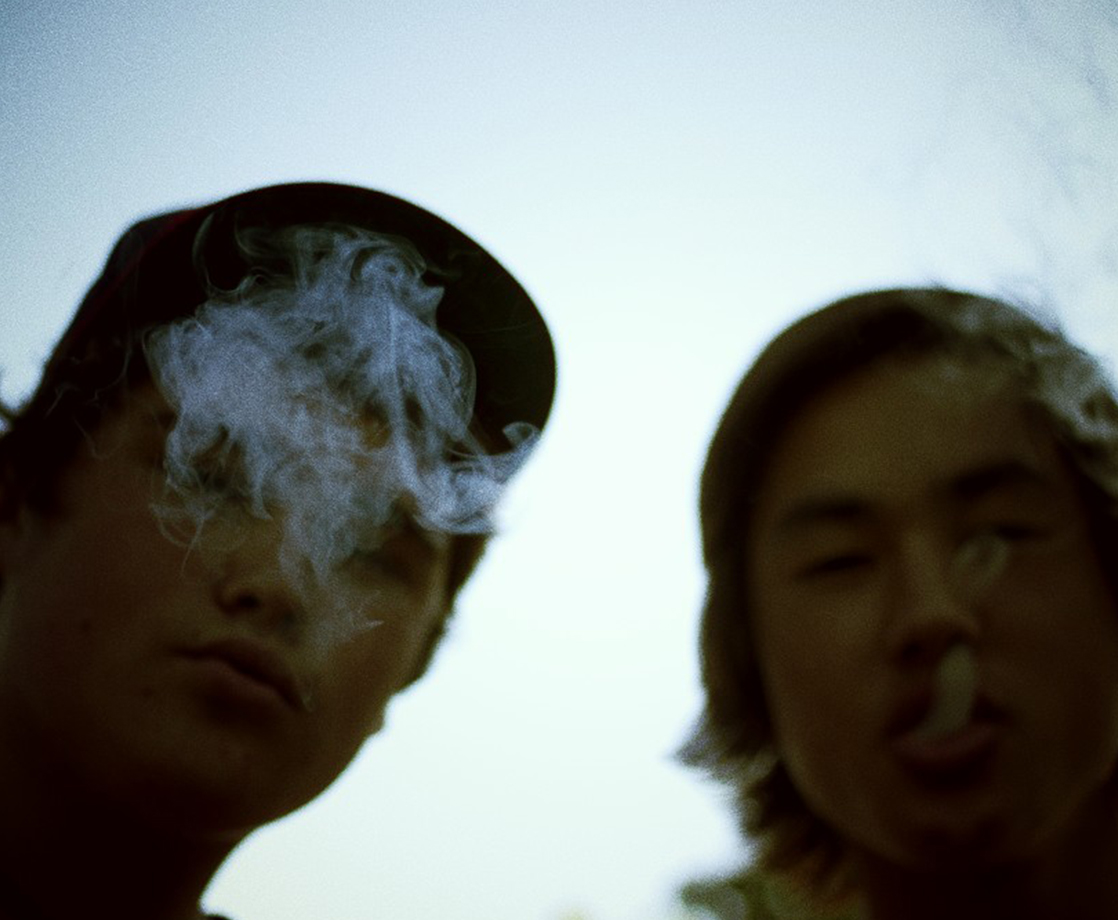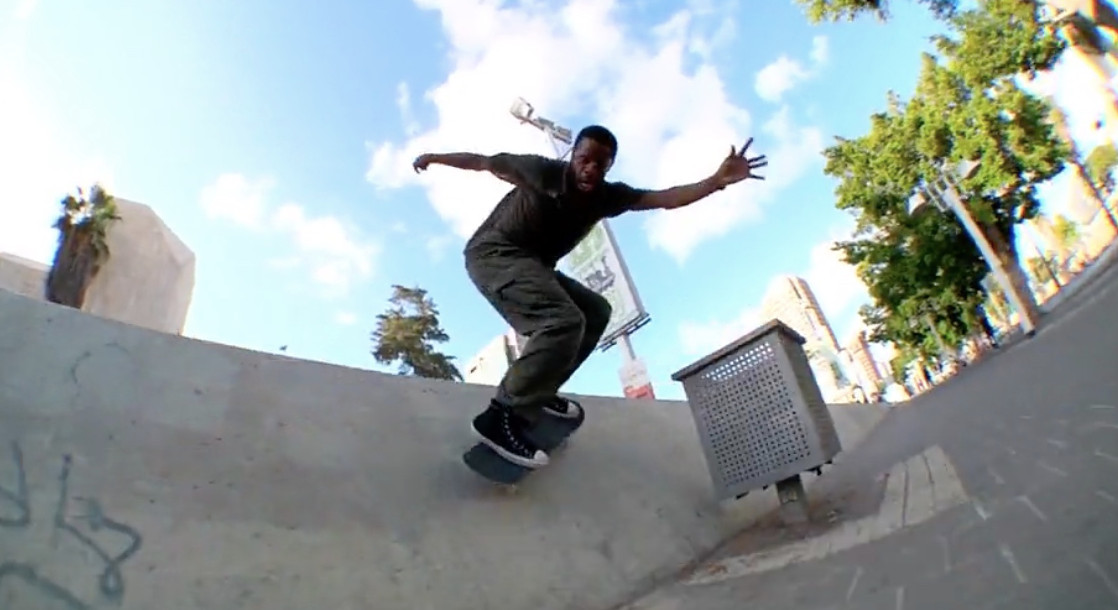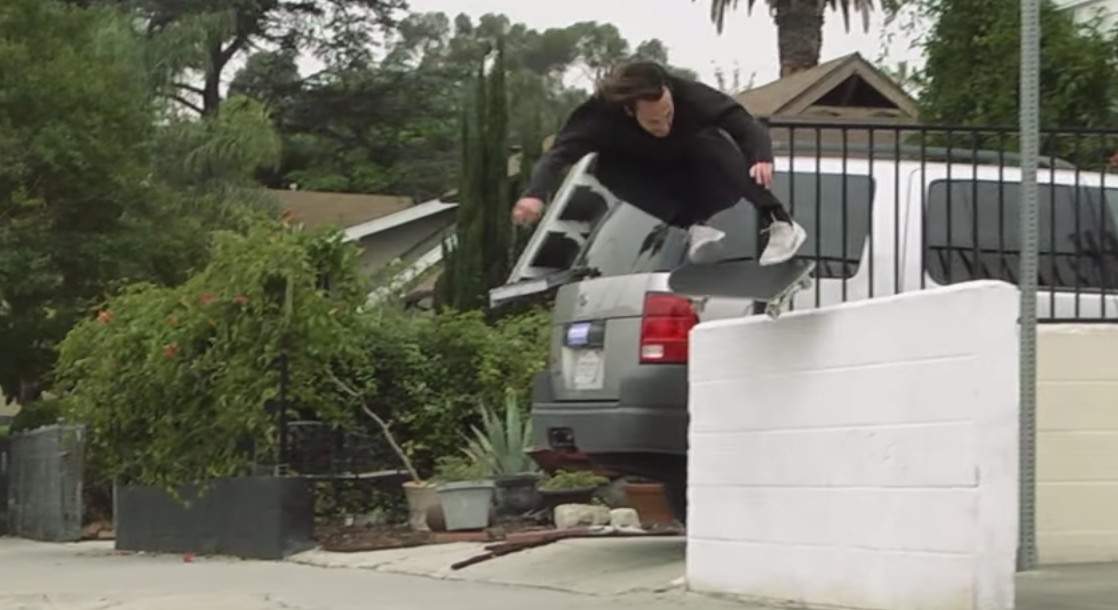As another year comes to a close and Colorado gets ready to celebrate the fourth anniversary of the nation's first legal recreational cannabis sale, the Centennial State's adult-use experiment has been lauded by politicians and pot smokers alike. Reports indicate that the legal industry has brought in millions of dollars in tax revenue, an economic boom from Denver to Durango, and decreased drug use in Colorado schools. But is Colorado cannabis legalization really as successfully regimented and regulated as lawmakers think? If you ask local cops, the answer is a resounding no.
Less than a month after the release of yet another study claiming that legalization has only decreased the amount of cannabis use by Colorado teens, a number of school-specific law enforcement officials and education professionals have spoken up to publicly refute the research. Instead, they claim that local teens are using significantly more cannabis than before the plant was legalized, citing inconsistent disciplinary tactics and reporting techniques for spreading what they say is a false narrative.
According to the Denver Post, police assigned to the state's public schools, or school resource officers (SRO), say that based on their own observations, teen cannabis use has actually increased since legalization, with administrative leniency, in-school punishment, and selective reporting masking drug use that cops say has become commonplace.
As for concrete data from within school walls, cannabis was not separated from other illicit drugs in official reports until 2015-2016, at which point the Colorado Department of Education reported that 1,585 public schools had 2,928 weed-related incidents. The next year, 1,612 schools reported 3,460 such referrals, an increase of about 20%.
"I've written more marijuana tickets in the last two years than I ever wrote while out on patrol," Officer Vern Thompson, one of 20 SROs in Colorado Springs, told the Denver Post. "Each school district reports the incidents differently and with people now choosing the schools, they look at the public record, and a school with a high number of any incidents, that may impact and sway that parent's decision."
In 2015-2016, police were involved with about 831 of those school incidents, or 1 in every 3.5 cannabis-related issues. In 2016-2017, cops were involved with 871 school incidents, or a rate of 1 in every 4.1 cannabis-related issues, lower than the year before.
Outside of criminalization, the larger debate about a "school-to-prison pipeline," and the general effects of a police presence in public school hallways, the claims of reporting inconsistencies and a reliance on police officer word-of-mouth have done little to clarify what we actually know about teen cannabis use.
Muddying things further, another story published in the Denver Post last week calls into question the methodology of both national and state-level studies that have consistently reported decreased teen cannabis use.
A 2016 Monitoring the Future survey from the National Institute on Drug Abuse reported that Colorado teens were using cannabis at the lowest rate in 20 years. However, a closer look shows that researchers adjusted their samples for relative population size, only surveying students from four Colorado schools, three of which were middle schools.
In state-specific research, the Healthy Kids Survey, conducted in 2015, actually reported a slight increase in teen cannabis use. But without data from dozens of schools in some of the state's biggest districts, school officials worry that those numbers could be skewed.
And while the Post harped on those two specifics studies, a handful of other reports, relying exclusively on self-reported survey data, all claim that teen cannabis use in Colorado, and across the nation, has dropped sharply.
Even if cannabis use among teens has not dropped as significantly as previously reported, a 2012 legislative shift away from zero-tolerance drug policies, as well as changing attitudes brought on by legalization, has prevented cannabis infractions from guaranteeing automatic criminal records in Colorado.
"District 11 used to have a zero-tolerance drug policy where students would be suspended and/or expelled for any and all types of infractions," Devra Ashby, spokesperson for the Colorado Springs 11 school district, told the Post. "That has since been changed to a no-tolerance policy. If a student comes to school high and has no record of past disciplinary records, then it's not very likely that student will be expelled."
Still, even without concrete teen use statistics, reports that police intervention in teen cannabis incidents have decreased since legalization is in itself a reason for celebration. Ultimately, ending marijuana criminalization remains a key goal of legalization — not just for adults, but minors, too.
Follow Zach Harris on Twitter











